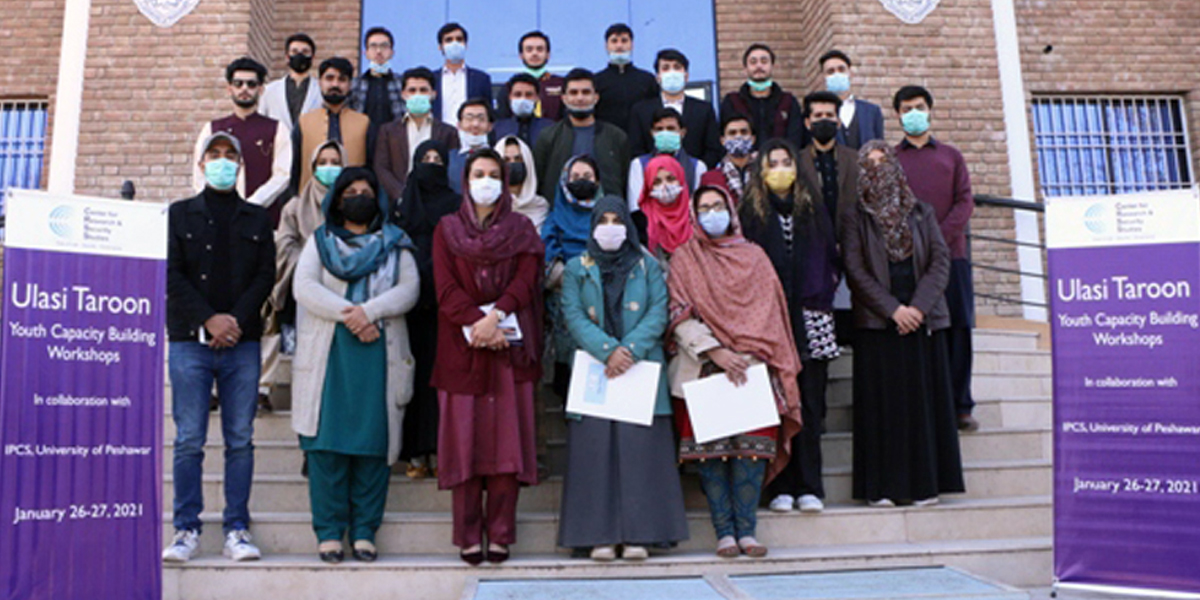Inclusive democracy comes through participation of citizens – without any discrimination of gender – in the dialogue and decision-making processes on the issues that concern them the most. That is only how you can cultivate the much-needed meaning and belonging among the citizens as a precondition for their agency for socio-political and economic development. Similarly, the role of citizens is crucially important in the matters of governance for accountability and responsiveness. It always helps bridging the gaps between public needs and key public services on offer.
These views were expressed by Ms. Aisha Bano, Member, Provincial Assembly of Khyber Pakhtunkhwa during the 30th round of Ulasi Taroon Youth Capacity Building Workshops, organized by the Center for Research and Security Studies (CRSS) at and in collaboration with the Institute of Peace and Conflict Studies, University of Peshawar.
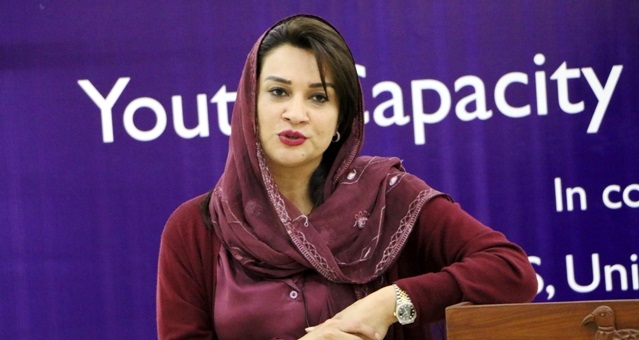
She said that culture should never deter, instead, it should be conducive to and encourage the participation of women in all walks of life as a matter of their constitutional right, empowerment and investment in the future of country’s stability.
Mr. Ahmad Zunair, Assistant Superintendent Police (ASP), Peshawar noted that rule of law is a fundamentally essential prerequisite for social cohesion, peace and prosperity of any nation where it can never thrive on discrimination. It is only upheld when everyone is subject and accountable before law no matter how powerful. Societies with the weak state of rule of law are more vulnerable to extremism and violence.
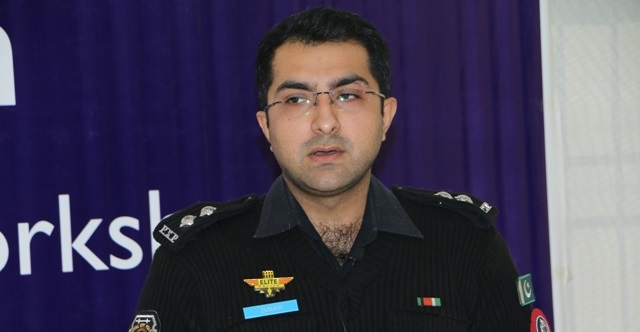
Police is not only one of the most important institutions as part of criminal justice system but also greatly responsible to uphold rule of law. It should adopt community policing models and best practices to ameliorate the public-police trust deficit. Community policing lays the foundation for the information sharing mechanism key to a crime-free and peaceful society.
Every police official interacting with the public is seen as the ambassador of the institution, and public attributes their behavior – good or bad – to the entire institution. Therefore, they should remain friendly in their dealing with the public as well as cognizant of the public sensitivities that can breed trust deficit.
Prof. Dr. Jehanzeb, Dean, Faculty of Social Sciences University of Peshawar, noted that students have a huge potential to promote positive changes in the society and thus their talents ought to be honed to prepare future leadership cognizant of the development and peacebuilding needs. Young people should develop a disposition of thinking out of the box and critical thinking skills to generate new knowledge and dispel extremist ideologies.
The most holistic form of approach to foster social cohesion is collaboration between civil society and state while onboarding other important stakeholders in the society. We must be cognizant of our fault lines that can make us vulnerable to the push and pull factors of extremism, and serve as opportunities for the spoilers and extremist groups.
Ms. Shagufta Khalique, educationist, said that the key ingredients for social cohesion are acceptance, equality and rule of law. Without making the most of the rich potential of diversity, and its acceptance, it’s difficult to live in harmony with each other. Also important is to build understanding about other faiths for interfaith harmony in the society.
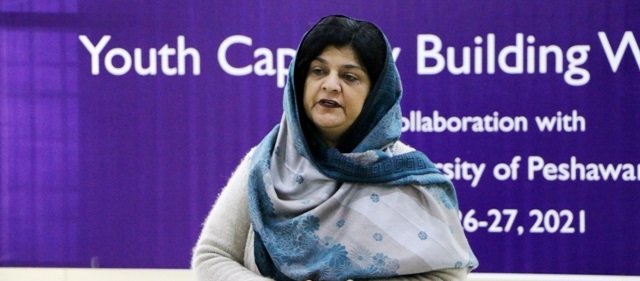
Communication is an extremely important skill for conflict resolution where you listen to and empathize with others. Youth as future leaders must equip themselves with these skills to be effective peace builders.
Shams Momand, Project Manager, CRSS, stressed that youth must comply with the core constitutional values of respect, equality, tolerance and rule of law to foster social cohesion in the society.
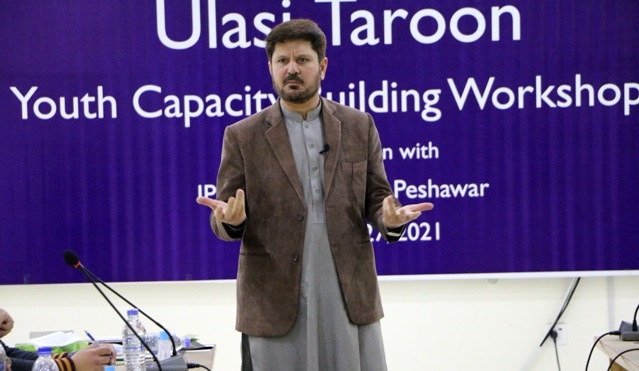
Mr. Malik Mustafa, Team Leader, Ulasi Taroon CRSS said critical thinking is one of the most essential skills youth need to master to be capable of problem solving in the real-time environment in their practical lives. Critical thinking is about using logic and critical inquiry to draw inferences. It involves developing ones’ understanding on the basis of all the available information and using research-based evidence to support your arguments.
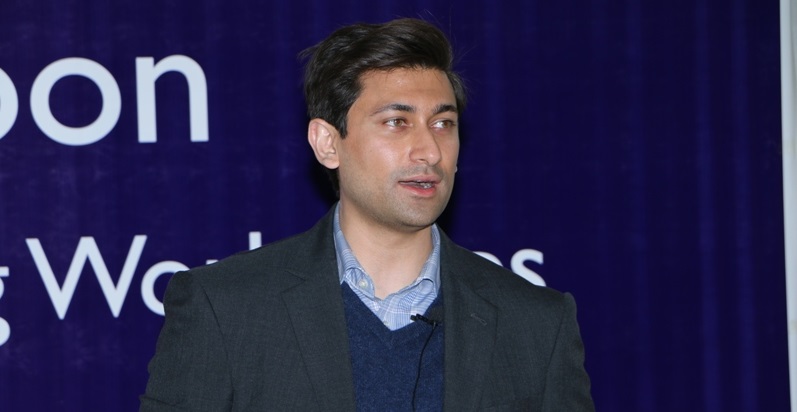
About Ulasi Taroon:
Ulasi Taroon is a youth leadership development initiative of CRSS running since 2017, with over 800 alumni from different public and private sector universities across KP. The programme aims to promote social cohesion and cultivate the young through a discourse embedded in the core constitutional values of peace and harmony.

